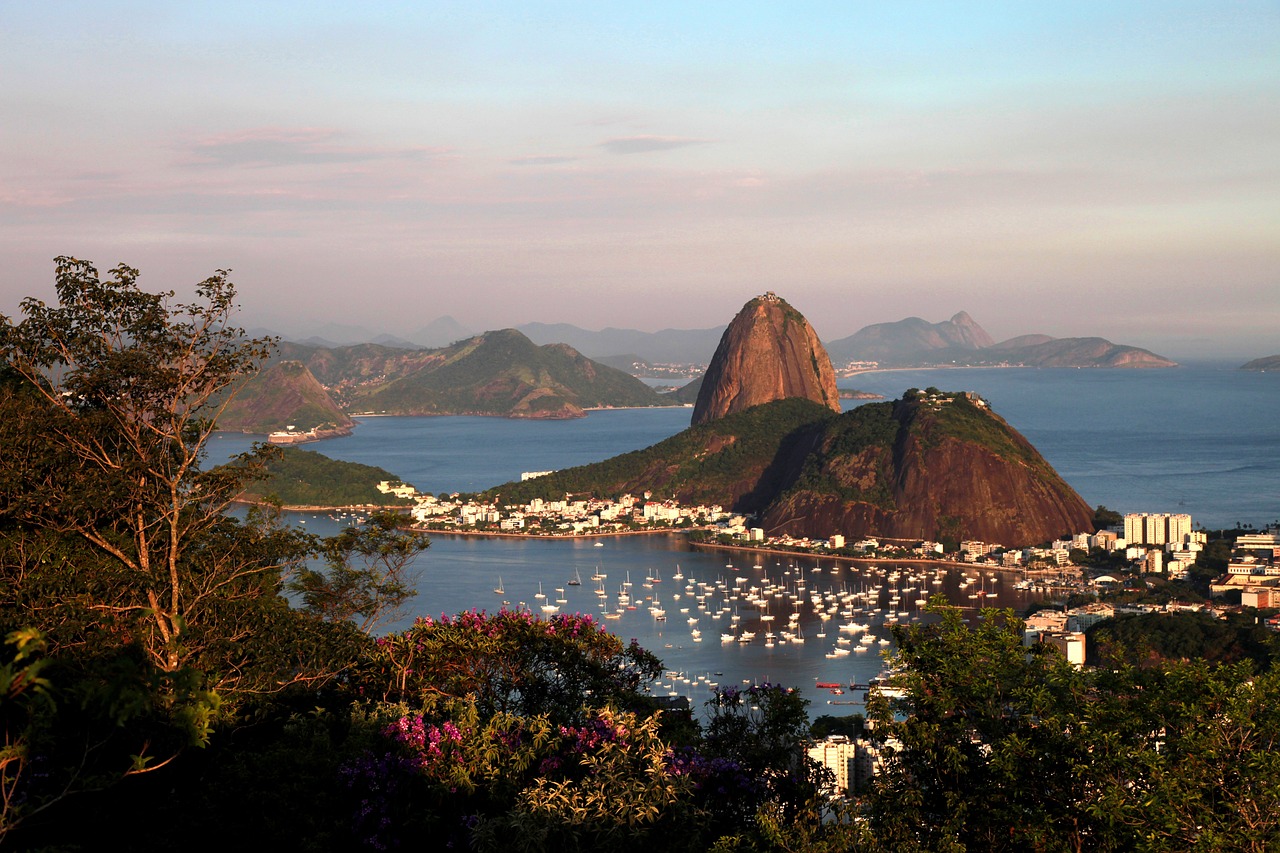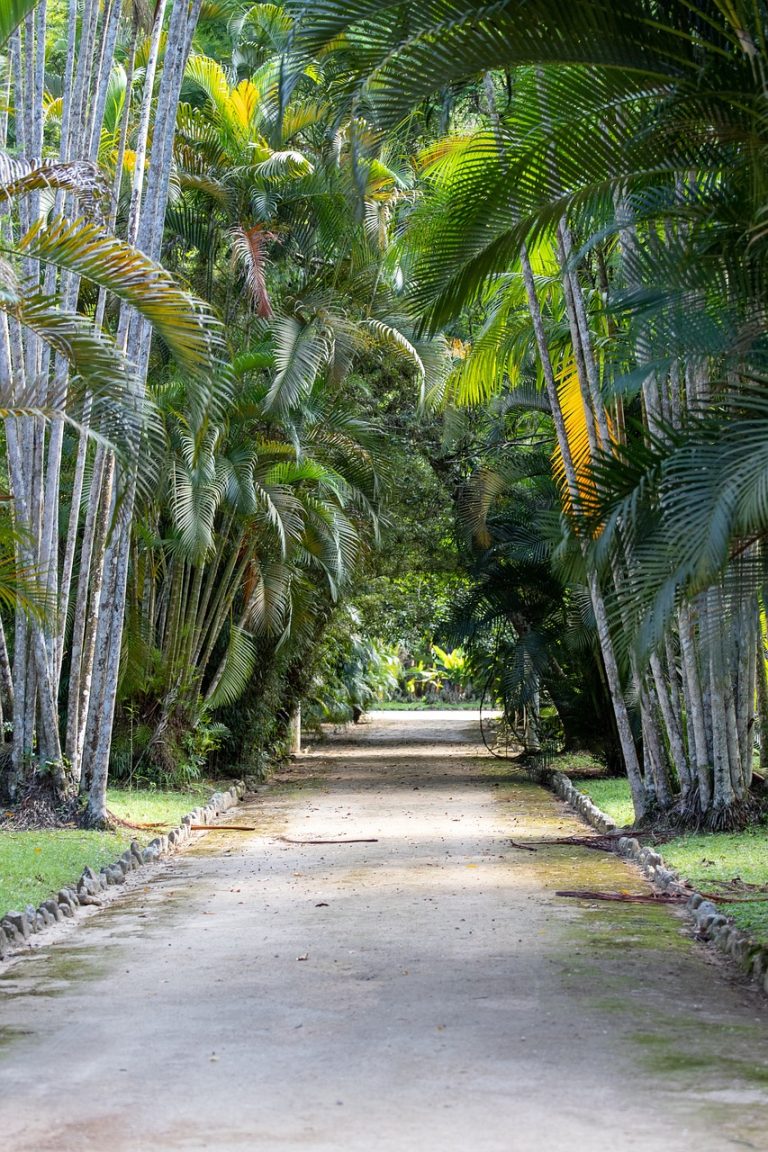Rio de Janeiro Brazil Video
Eco-tourism in Rio de Janeiro Brazil: Sustainable and Green Travel Options
Rio de Janeiro, often referred to as the “Marvelous City,” is not only known for its stunning beaches, vibrant culture, and iconic landmarks like Christ the Redeemer, but also for its commitment to eco-tourism and sustainable travel options. This article explores the various ways in which Rio de Janeiro offers sustainable and green travel experiences, allowing visitors to enjoy the city’s natural beauty while minimizing their environmental impact.
National Parks and Protected Areas
Rio de Janeiro boasts several national parks and protected areas that are perfect for eco-tourism enthusiasts. These areas provide opportunities for hiking, wildlife spotting, and experiencing the region’s diverse ecosystems. Some notable parks include:
- Tijuca National Park: This is one of the world’s largest urban forests, covering an area of over 32 square kilometers. It offers numerous hiking trails, waterfalls, and breathtaking viewpoints.
- Grumari and Prainha Beaches: These pristine beaches are located within the Grumari Environmental Protection Area, known for its preserved coastal vegetation and clean waters.
- Parque Estadual da Pedra Branca: As the largest urban forest in the world, this park is home to diverse flora and fauna, including endangered species like the golden lion tamarin.
By visiting these protected areas, travelers can contribute to their conservation efforts and learn about the importance of preserving natural habitats.

Sustainable Accommodation Options
When it comes to eco-friendly accommodation, Rio de Janeiro offers a range of options that prioritize sustainability and minimize environmental impact. Many hotels and guesthouses in the city have implemented practices such as:
- Energy-efficient lighting: Using LED lights and energy-saving bulbs to reduce electricity consumption.
- Water conservation: Implementing water-saving measures like low-flow showerheads and toilets.
- Waste management: Recycling programs and composting initiatives to minimize waste sent to landfills.
By choosing to stay at these eco-friendly properties, travelers can support sustainable practices and enjoy a guilt-free stay.

Public Transportation and Bike Sharing
Rio de Janeiro provides an extensive public transportation network, including buses, metro lines, and trams, making it easy for visitors to explore the city sustainably. The metro system is particularly efficient and connects major tourist attractions and neighborhoods.
Additionally, the city offers a bike-sharing program called Bike Rio, which allows tourists to rent bicycles and explore Rio’s scenic routes and bike paths. This initiative promotes eco-friendly transportation and reduces carbon emissions.
Local Organic Markets
Rio de Janeiro has a vibrant organic food scene, with numerous local markets offering fresh and sustainably-produced fruits, vegetables, and other organic products. These markets, such as the Ipanema Hippie Fair and the Feira Orgânica de Copacabana, not only support local farmers but also provide an opportunity for visitors to experience the city’s culinary culture in an eco-conscious way.

Community-Based Tourism
Community-based tourism initiatives in Rio de Janeiro allow travelers to engage with local communities and contribute to their economic development. These initiatives focus on providing authentic cultural experiences while preserving the community’s traditions and heritage.
One such example is the Favela Santa Marta Tour, where visitors can explore the Santa Marta favela with a local guide who shares insights into the community’s history and daily life. By participating in these tours, travelers support social projects and contribute to the empowerment of local residents.
Environmental Education Centers
In Rio de Janeiro, there are several environmental education centers that aim to raise awareness about sustainable practices and promote conservation. These centers offer educational programs, workshops, and interactive exhibits to educate both locals and tourists about environmental issues.
One prominent center is the Museu do Meio Ambiente (Museum of the Environment), located within the Botanical Garden. It provides valuable information about Brazil’s biodiversity and the importance of preserving natural resources.
Ecotourism Activities
For those seeking adventurous and environmentally-friendly activities, Rio de Janeiro offers a range of ecotourism options. From hiking in the Tijuca Forest to exploring the mangroves of the Guanabara Bay, visitors can immerse themselves in the region’s natural wonders.
Other popular ecotourism activities include stand-up paddleboarding in Rodrigo de Freitas Lagoon, birdwatching in the restinga ecosystems, and snorkeling along the vibrant coral reefs.
Environmental Initiatives and Projects
Rio de Janeiro is committed to implementing environmental initiatives and projects that promote sustainability and protect the city’s natural resources. These initiatives include:
- Beach Clean-Up Campaigns: Regular beach clean-up events organized by local NGOs and community groups.
- Waste Recycling Programs: Efforts to increase recycling rates and reduce the amount of waste sent to landfills.
- Renewable Energy: The city has invested in renewable energy sources, such as solar power, to reduce reliance on fossil fuels.
These initiatives contribute to the overall goal of making Rio de Janeiro a more sustainable and environmentally-friendly city.
Conclusion
Rio de Janeiro, with its stunning natural landscapes and commitment to eco-tourism, offers travelers a unique opportunity to explore the city while minimizing their environmental impact. From national parks and protected areas to sustainable accommodation options and community-based tourism initiatives, Rio de Janeiro provides a range of sustainable and green travel options. By supporting these initiatives and engaging in eco-friendly activities, visitors can contribute to the preservation of Rio’s natural beauty for future generations to enjoy.
References
- visitbrasil.com
- riodejaneiro.com
- rioguiaoficial.com.br
- riodejaneiro.travel
- rioshow.oglobo.globo.com







